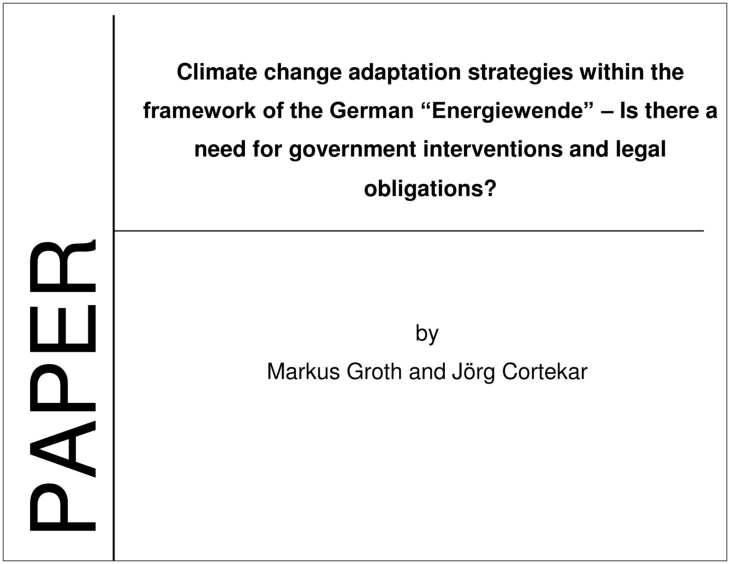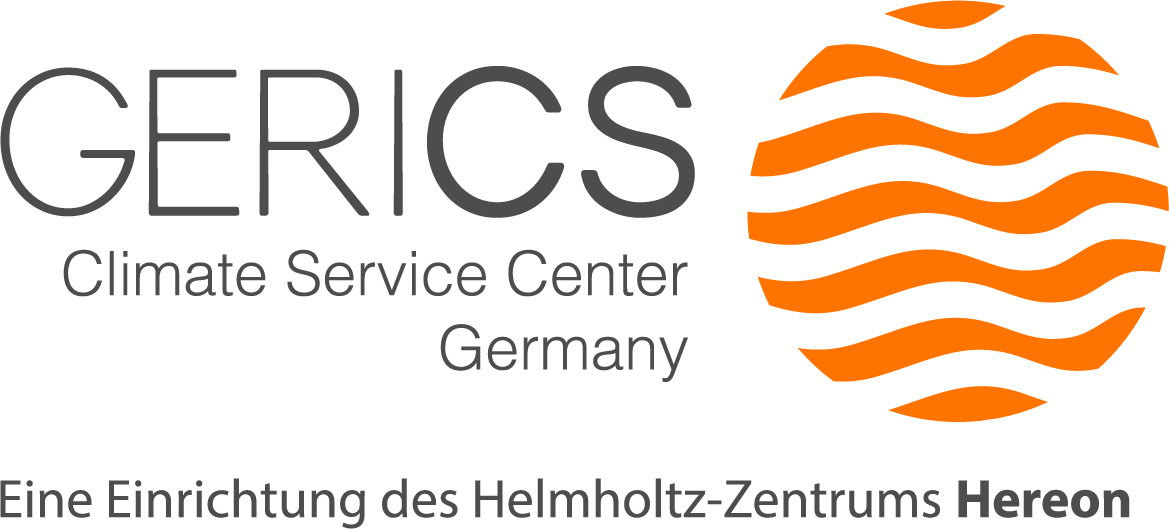Climate change adaptation strategies within the framework of the German “Energiewende” – Is there a need for government interventions and legal obligations?

© University of Lüneburg
The option of adapting to climate change is becoming more important in climate change policy. Hence, responding to climate change now involves both mitigation to address the cause and adaptation as a response to already ongoing or expected changes.
These changes are also of relevance for the energy sector in Germany. An energy sector that in the course of the German “Energiewende”, also has to deal with a fundamental shift in energy supply from fossil fuel to renewable energies in the next decades. Based on a synthesis of the current knowledge regarding the possible influences of climate change on the German energy sector along its value-added chain, this recently published working paper points out, that the possible impacts of a changing climate should be taken into account in the upcoming infrastructure projects in the course of the Energiewende. The main question here is, whether adaptation options will be implemented voluntarily by companies or not. The paper argues that this has to be the case, when the measure is a private good. If, on the contrary, the measure is a public good, additional incentives are needed. For the German energy sector, the paper shows, that governmental intervention are for example justifiable regarding measures to adapt the grid infrastructure as a critical infrastructure that needs to be protected against current and future impacts of climate change.
This working paper by Markus Groth and Jörg Cortekar has recently been published in the "Leuphana University of Lüneburg Working Paper Series in Economics".
The full working paper is downloadable at:
Working Paper No. 315
Contact

